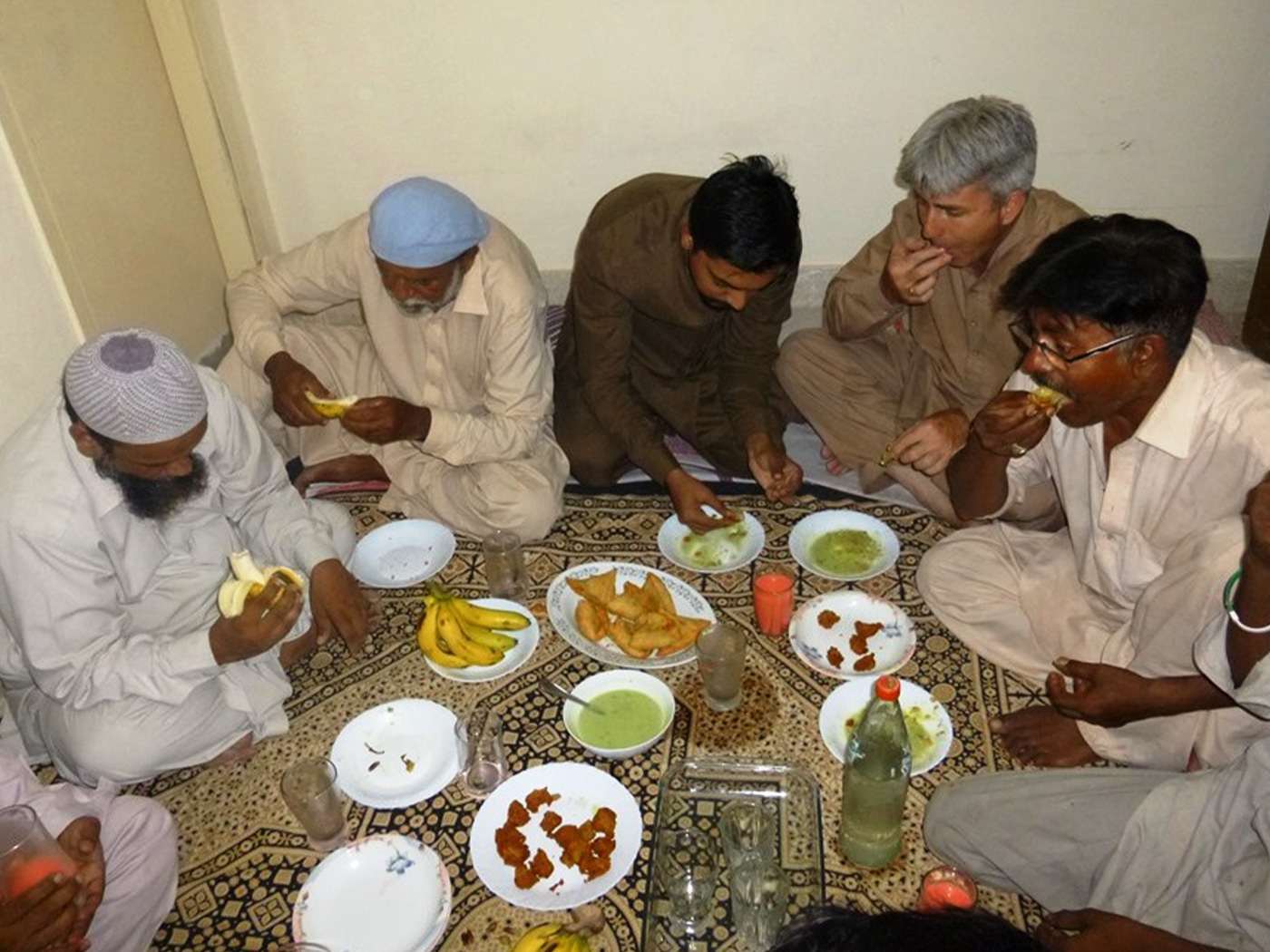As we enter Holy week, Christians in Pakistan are preparing to celebrate the Easter ceremonies as a tiny minority, 1.6%, in a 96% Muslim majority Pakistan. Though Easter is the more important celebration theologically, Christmas is more popular, as Muslims can easily relate to and understand it, the birth of the prophet Jesus. Easter is more difficult to explain and be understood by many Muslims so there tends to be little attempt to try and explain its meaning.
Christians here have a deep affinity with the sufferings of Jesus and during Lent there large crowds attending the Stations of the Cross celebrations every Friday, as well as other events – dramas, evenings of song – focusing of the suffering and death of Jesus, and Good Friday celebrations are always packed in every church. The reason for this, I feel, is that most Christians are poor and life is a struggle and they can easily identify with the sufferings of Jesus. However, often the attendance at the Easter celebrations is less than Good Friday and it seems that many Christians do not really feel or experience the victory of life over death, good over bad that Easter proclaims. There is still much catechesis to be done.

This year, the season of Lent overlaps with the Muslim fasting month on Ramzan which began on April 3rd, and will conclude with Eid-ul-Fitr on May 3rd. Ramzan is observed as a month of fasting, prayer, reflection and community, and fasting from dawn to sunset is obligatory for all adult Muslims. At sunset, the fast is opened with the iftar. Many church groups host iftar gatherings for Muslim friends and neighbours in order to build up better relations between the two communities. With Lent and Ramzan overlapping this year, there is a certain unconscious expression of faith in public and in daily life, which brings faith more central than might be experienced in other parts of the world.

In Pakistan, as we begin Holy week and Muslims enter the second week of fasting, other factors come into play which are having an effect on the life of people here. The temperatures have soared earlier than normal, by the end of March, temperatures had already passed 40 Celsius and for the last number of days it reached the mid 40’s, it looks like this summer will be longer and hotter than before. The reality of climate change is hitting hard in Pakistan and increasing year on year. Over the last 20 years, Greenwatch research shows that over 10,000 people have lost their lives as a direct result of the consequences of extreme weather events caused by climate change.

Over recent days, there has been political instability once again, and on April 9th, Imran Khan became the first Prime Minister in the history of Pakistan to be removed by a no-confidence vote in Parliament. This will undoubtly lead to more uncertainty, especially for the poor, before it gets better.
The faith of people celebrating Easter and Eid-ul-Fitr gives hope that Pakistan, despite numerous problems and difficulties, can create a society of inclusion, justice and new life for all its citizens.
